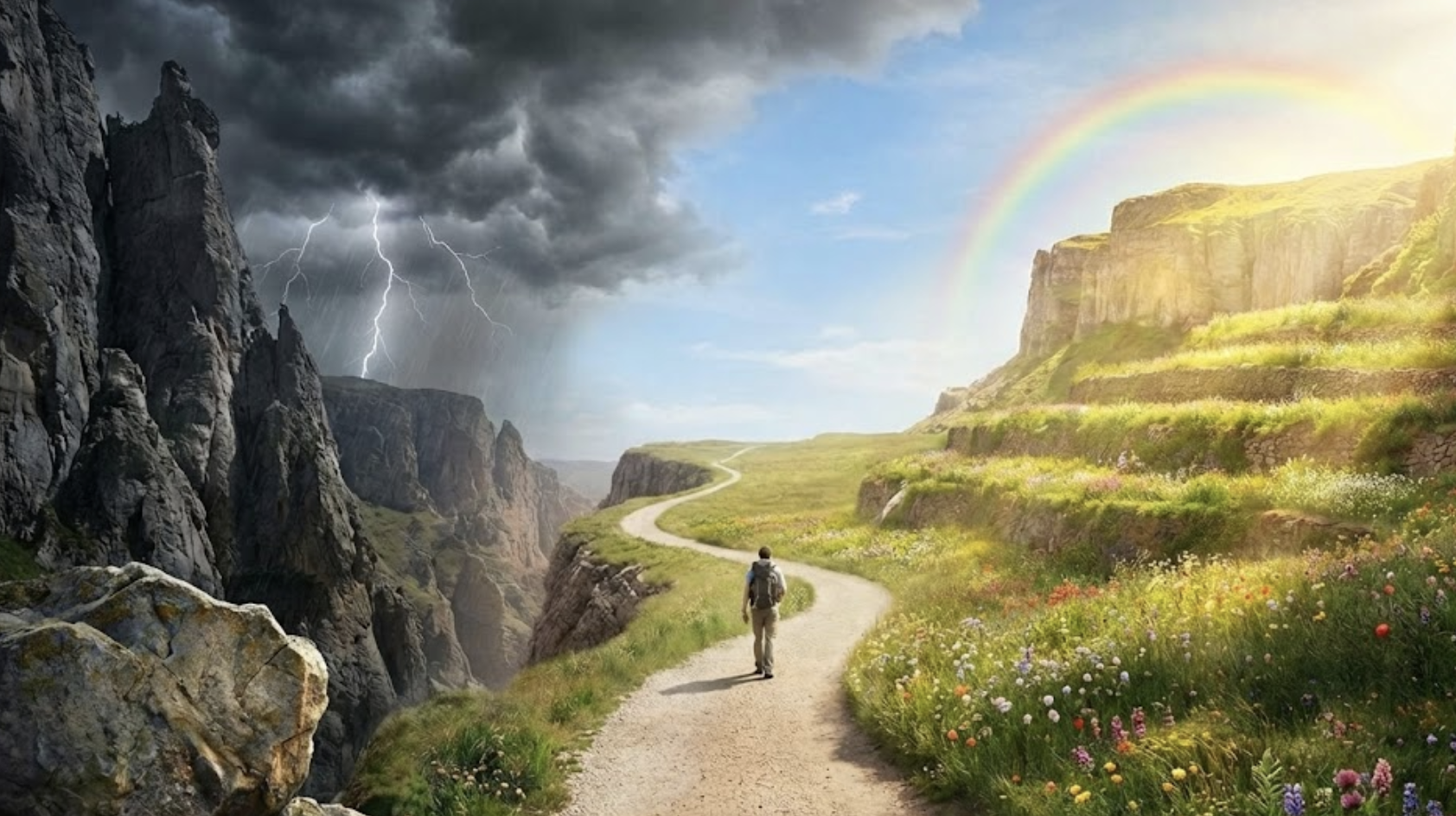By Stephen DeAngelis
Although Christmas still reigns supreme among holidays in the United States, Halloween is gaining ground. According to journalist Francisco Velasquez, Halloween is creeping up on Christmas like a specter in a haunted house. “As Halloween decorations creep onto store shelves earlier each year,” he writes, “America’s spookiest holiday is casting an ever-longer shadow over the retail landscape. With projected spending of $11.6 billion in 2024, Halloween is inching closer to Christmas-level importance for retailers and consumers alike.”[1] This year’s celebration continues a post-pandemic trend that started last year. A year ago, journalist Christopher Wolf reported, “Spooky season is here, and it’s back in a big way. About 73% of Americans [celebrated] Halloween [in 2023], the highest level in the 18 years that the National Retail Federation has conducted its annual survey, and well above the pandemic slump of 58% in 2020.”[2] What warlock magic explains this rise in Halloween’s popularity?
The Magic of Halloween
A few years ago, John Williams, Manager at NC Media Production, thought he had solved the mystery behind Halloween’s rise in popularity. He wrote, “I’ll give you one word that may be the answer to this mystery: Millennials.”[3] He explains, “It never really occurred to me until now how much of a phenomenon Halloween truly is for adults. Of course adults have celebrated Halloween in the past, but it seems that this number has gone up significantly in recent decades. I always used to consider Halloween to be THE holiday for kids (At least it was when I was a kid!). It seems that in this day and age, a big emphasis of Halloween marketing is aimed towards teens, college students, and adults almost as much as it is children. Is it because our more recent generations refuse to grow up? Is it because Halloween is an excuse to spend time with our friends and escape from our everyday lives for one night and feel like kids again? Or is it simply because of genius marketing strategies taking a once child targeted holiday and making it equally celebrated by adults?”
Costume vendors and candy makers have taken notice of what Ferrero North America calls “Adultoween.”[4] In a press release published earlier this month, Ferrero North America, reported the results of a new survey revealing that Halloween is increasingly becoming a holiday for adults, not just children. “The survey highlights how Halloween has evolved into a celebration for all ages, with adults increasingly joining in on the festivities. Candy remains an integral part of the tradition — especially for adults!” Other findings from the survey include:
• 69% of adults say they plan to buy candy this year even if they don’t expect trick-or-treaters
• 67% of adults with children in their household say they plan to buy extra candy during Halloween “just in case” they run out, but secretly keep a stash for themselves after the holiday
• 40% of adults say Halloween is their favorite holiday, beating out the December holidays and the Fourth of July
• 58% of adults say they plan to decorate their house for Halloween
• 60% of adults say they enjoy carving pumpkins for Halloween
• 47% of adults say they dress up in costume for their own enjoyment
• 36% of adults dress their pets up for Halloween
• 77% of adults feel nostalgic about trick-or-treating
It’s statistics like those that encourage David C. Wyld, a Professor of Strategic Management at Southeastern Louisiana University, to declare Halloween America’s “Growth Holiday.”[5] Williams notes, “Statistics show that in the previous decade, 3 in 10 costumes were purchased for adults from HalloweenExpress.com. Now, this statistic has jumped to 6 in 10 costumes purchased for adults. So does this mean we should expect to see more adults walking up to doors asking for candy? No, but what it does mean is that more and more adults are willingly partaking in the holiday. A new era of Halloween Is on the rise.”
Retailers and Adultoween
Retailers are embracing Adultoween and helping turn it from a one-day holiday into a festive season. Velasquez explains, “Driven by social media hype, nostalgia, and a desire for escapism, Halloween has evolved from a single-day celebration to a season-long retail event. Retailers are capitalizing on this trend by extending the Halloween shopping window, offering exclusive products, and tapping into the holiday’s unique blend of creativity and fun. As Halloween’s economic impact grows, it’s challenging the traditional retail calendar and raising questions about the future hierarchy of American holiday spending.” Wolf adds, “Halloween is a holiday for the whole family, pets included. … A whopping $700 million will go toward costumes for pets.”
Neal Finkler, Vice President of Marketing for the Ferrero Mainstream Chocolate portfolio, observes, “Halloween has traditionally been thought of as a children’s holiday, but we’re seeing a growing trend of adults fully embracing Halloween for themselves. It’s no longer just about creating a fun experience for kids with candy, costumes and decor — adults are indulging more than ever and using Halloween as an opportunity to celebrate and enjoy their favorite treats. We’re making sure our products and marketing help these adults enjoy Halloween too.”[6]
Concluding Thoughts
A dozen years ago, journalist Larissa Faw wrote about the Halloween tipping point towards Adultoween. She wrote, “Halloween used to be THE kid holiday. The one day each year when children were granted permission to stay up late, dress as their favorite superhero or princess, and eat unlimited amounts of free treats. … Hence, it makes sense that Millennials would want to continue to enjoy Halloween festivities. … This prolonged adolescence has transformed Halloween from a kid-centric holiday into an $8 billion a year industry for kids young … and old. In fact, two in three adults feel Halloween is a holiday for them and not just kids.”[7] Christmas will likely remain America’s top holiday season, but Halloween is certainly on the rise.
Footnotes
[1] Francisco Velasquez, “Halloween creep is haunting Christmas as it becomes retail’s new rising star,” Quartz, 1 October 2024.
[2] Christopher Wolf, “More Americans Fall Under Halloween’s Spell, “U.S. News & World Report, 27 October 2023.
[3] John Williams, “Not Just for Kids: Halloween into Adulthood,” IMC Hawks, 31 October 2018.
[4] Ferrero North America, “New survey by Ferrero® finds Halloween isn’t just for kids – “Adultoween” is the latest Halloween trend,” PR Newswire, 1 October 2024.
[5] David C. Wyld, “Halloween — America’s ‘Growth Holiday’,” Medium, 6 November 2023.
[6] Ferrero North America, op cit.
[7] Larissa Faw, “How Adults Have Hijacked Halloween From Kids,” Forbes, 26 Oct 2012.








